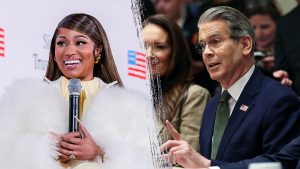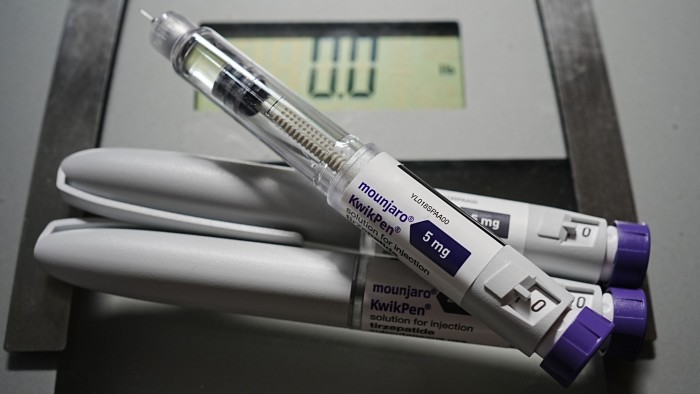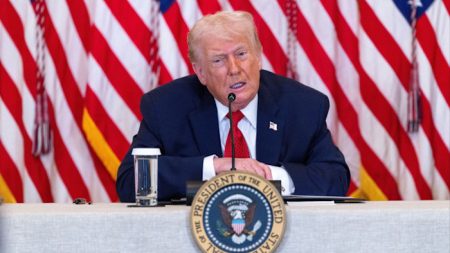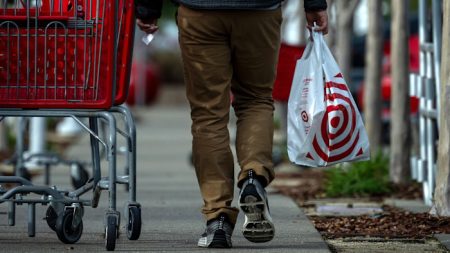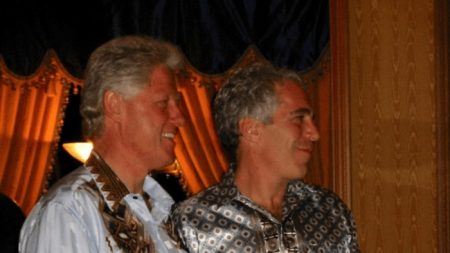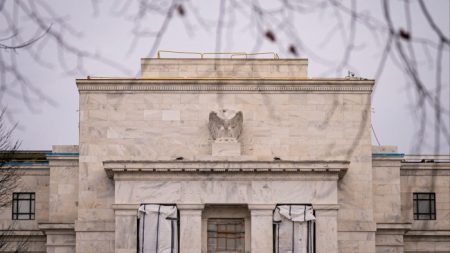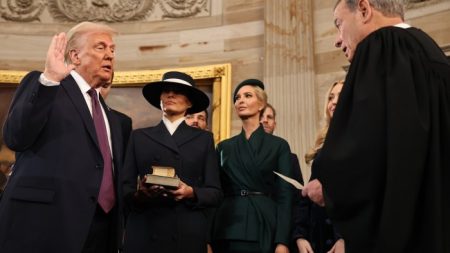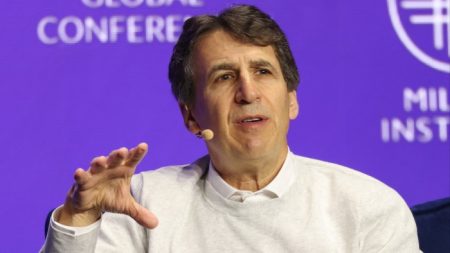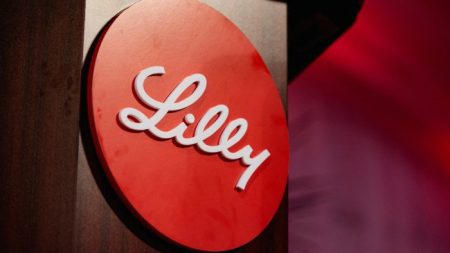Unlock the Editor’s Digest for free
Roula Khalaf, Editor of the FT, selects her favourite stories in this weekly newsletter.
Eli Lilly has raised the UK price of its popular weight-loss drug Mounjaro by as much as 170 per cent, as it tries to address complaints by Donald Trump’s administration about “foreign freeloaders” who rely on the US to pay more for medicines.
The US pharmaceuticals group said the sharp increase in the UK cost of the shot, also used to treat diabetes, from September would “address pricing inconsistencies compared with other developed countries, including in Europe”.
But Lilly said it was not raising the price paid by the NHS, to ensure continued supply of the drug, and that it was working with private healthcare providers to maintain access to a jab recommended to more than 3mn people in England. Private providers can agree confidential discounts with the company.
The price for a month’s supply of the highest doses of the drug will rise from £122 to £330, an increase of 170 per cent. Prices for lower doses will rise by between 45 per cent and 138 per cent.
The pharmaceutical industry is desperate to see off the threat of Trump’s “most favoured nation” drug pricing proposal to peg US prices to those abroad. US drug prices are on average almost three times higher than those in many other developed countries, according to research by The Rand Corporation.
The threat of US price cuts has hung over drug pricing negotiations with the NHS, as drugmakers are reluctant to agree to a deal in the UK that could affect the prices they can charge in the US.
Tense talks about changes to a clawback tax placed on drug sales to limit NHS spending on medicines have dragged on past deadlines to solve the problem.
While the UK government’s most recent proposal said it would spend more on drugs, chief executives were disappointed by the lack of detail, with little information about the timeframe for spending more, or whether they would spend more by simply buying more drugs, rather than raising prices, according to one industry insider.
Trump has paid particularly close attention to the price difference in obesity drugs, including in one speech complaining that a friend in London had bought the “fat shot drug” for far less than in the US.
Lilly said the UK was one of the first countries where it launched Mounjaro and its priority was to bring supply to diabetes patients as quickly as possible.
“At launch, Lilly agreed to a UK list price that is significantly below the European average to prevent delays in NHS availability. With changes in the environment and new clinical evidence supporting the value of Mounjaro, we are now aligning the list price more consistently to ensure fair global contributions to the cost of innovation,” it said.
The National Institute for Health and Care Excellence, which decides which drugs are value for money for the NHS, has recommended that Mounjaro be prescribed for up to a possible 3.4mn people in England. But because this would be hard for the NHS to pay for, it later agreed to a staged rollout, starting with about a quarter of a million people with the highest clinical needs in the first three years.
NHS England said the price increase would not affect how it supplied Mounjaro to patients with obesity or diabetes, calling it a cost-effective and “valuable tool to support people to reach a healthier weight and the wider health and lifestyle benefits that offers”.
Dr Leyla Hannbeck, chief executive of the Independent Pharmacies Association, said the organisation was “shocked and very disappointed” by the “huge” price rise in the drug. “This is a real blow to patients, at a time when more and more people worried about their weight are turning to jabs.”
She also called on the government to develop “contingencies” in case there were other price rises. “We are concerned that more pharmaceutical companies may increase their prices as a result of tariffs and this will have a detrimental impact on our medicines market, our pharmacies and our patients.”
Read the full article here


